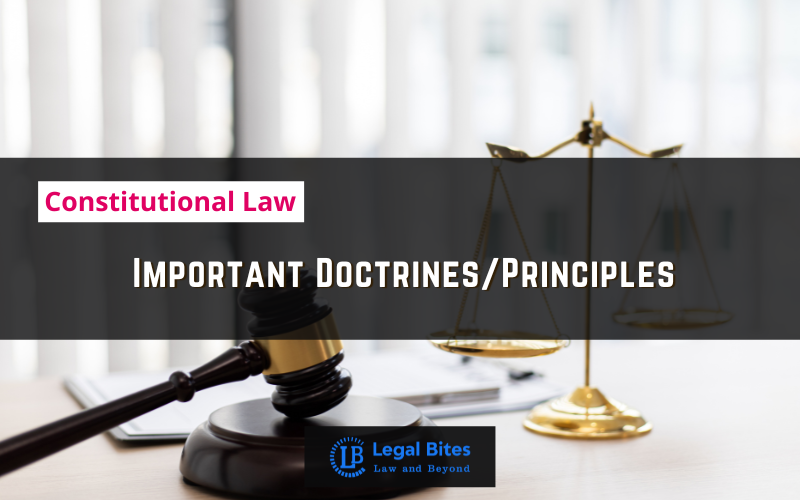The Parliament of India passes a law making women ineligible for recruitment to the Indian Air Force. What fundamental right, if any, has been violated? Give reasons.
Find the answer to the mains question of Constitutional Law only on Legal Bites.;

Question: The Parliament of India passes a law making women ineligible for recruitment to the Indian Air Force. What fundamental right, if any, has been violated? Give reasons. [BJS 1978] Find the answer to the mains question only on Legal Bites. [The Parliament of India passes a law making women ineligible for recruitment to the Indian Air Force. What fundamental right, if any, has been violated? Give reasons.] Answer Article 14 to Article 16 of the Indian Constitution provides for...
Question: The Parliament of India passes a law making women ineligible for recruitment to the Indian Air Force. What fundamental right, if any, has been violated? Give reasons. [BJS 1978]
Find the answer to the mains question only on Legal Bites. [The Parliament of India passes a law making women ineligible for recruitment to the Indian Air Force. What fundamental right, if any, has been violated? Give reasons.]
Answer
Article 14 to Article 16 of the Indian Constitution provides for the right to equality and reservation to a specific group of persons, based on the reasonable nexus between the provision and the object which is to be sought.
In the present case, the law passed by the Parliament which makes women ineligible for recruitment to the Indian force stands in violation of Article 14 of the constitution which provides for equality before the law. It is arbitrary and unreasonable and hence should be held unconstitutional for the following outlined reasons:
Article 14 provides that the state not deny to any person equality before the law or the equal protection of the laws within the territory of India. It provides protection against discrimination on grounds of religion, race, caste, sex, or place of birth to ensure equality and fairness of justice to all individuals.
In the case of Indra Sawhney, the right to equality is also recognized as one of the basic features of the Indian constitution. Hence it cannot be destroyed even by an amendment of the constitution under Article 368 of the constitution. Though this provision supports reasonable classification, it clearly prohibits class legislation. This is well explained in the case of Air India v. Nargesh Meerza Regulation (AIR 1981 SC 1829).
In this case, Section 46 of Indian Airlines regulations provided that “an air Hostess will retire from the service upon attaining the age of 35 years or on marriage within 4 years of Service or on first pregnancy, whoever found earlier.” Under, Regulation 47 of the Indian Airlines Regulations the managing director had the discretion to extend the age of retirement one year at a time beyond the age of retirement up to the age of 45 years at his option if an air hostess was found medically fit.
The court then held that an air hostess on the grounds of pregnancy was unreasonable and arbitrary; it was a violation of Article 14 under the constitutional law of India. The regulation did not restrict marriage after four years and if an air hostess after having fulfilled the condition became pregnant, there was no ground why the first pregnancy should stand in the way of her running service, to which the court said that the termination of service on pregnancy was manifestly unreasonable and arbitrary. Based on the law being completely unreasonable and arbitrary, the impugned law was held to violate Article 14 of the Indian constitution.
Applying similar arguments, it is clear that the current law passed by the Parliament, making women ineligible to get recruited in the Indian Force is discriminatory based on their gender, with no clear explanation as to why so, it is to be held as unreasonable and arbitrary, hence in contravention of Article 15 of the Indian Constitution.
Important Mains Questions Series for Judiciary, APO & University Exams
- Constitutional Law Mains Questions Series Part-I
- Constitutional Law Mains Questions Series Part-I
- Constitutional Law Mains Questions Series Part-II
- Constitutional Law Mains Questions Series Part-IV
- Constitutional Law Mains Questions Series Part-V
- Constitutional Law Mains Questions Series Part-VI
- Constitutional Law Mains Questions Series Part-VII
- Constitutional Law Mains Questions Series Part-VIII
- Constitutional Law Mains Questions Series Part-IX
- Constitutional Law Mains Questions Series Part-X



